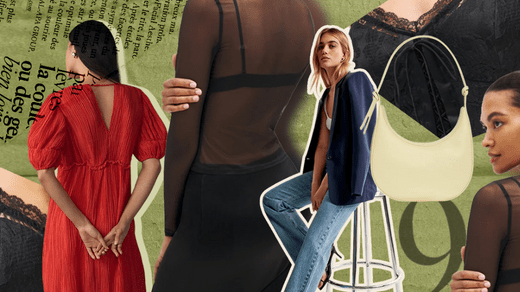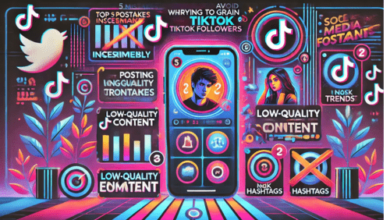
Certainly! Here are 30 points discussing the rise of gender-neutral fashion and the pros and cons of breaking down stereotypes:
The Rise of Gender-Neutral Fashion: Breaking Down Stereotypes
1. Definition: Gender-neutral fashion challenges traditional gender norms by creating clothing that can be worn by individuals of any gender identity.
2. Inclusivity: Gender-neutral fashion aims to include all genders and expressions.
3. Breaking Stereotypes: It challenges societal stereotypes about how people should dress based on their gender.
4. Self-Expression: Gender-neutral fashion encourages individuals to express themselves authentically.
5. Fluidity: It embraces the idea that fashion is not limited to binary gender categories.
Pros of Gender-Neutral Fashion:
6. Inclusivity: Provides clothing options for people of all gender identities.
7. Freedom of Expression: Promotes the freedom to express one’s gender identity through fashion.
8. Reduces Stereotypes: Challenges and breaks down traditional gender stereotypes.
9. Encourages Creativity: Allows individuals to experiment with style without constraints.
10. Sustainable: Promotes sustainable fashion by designing versatile, timeless pieces.
11. Economic Benefits: Reduces the need for separate gendered clothing lines, potentially lowering costs.
Cons of Gender-Neutral Fashion:
12. Limited Options: Some may feel that gender-neutral fashion limits their choices.
13. Cultural Resistance: Societal norms and cultural resistance can make it challenging.
14. Sizing Issues: Fit can be problematic, as bodies vary widely.
15. Lack of Representation: Fashion industry’s slow progress in embracing gender neutrality.
16. Market Confusion: Some consumers may find it confusing or unfamiliar.
Styles and Trends:
17. Androgynous Fashion: Androgynous styles often blur the line between male and female aesthetics.
18. Unisex Clothing: Unisex clothing items are designed to fit a wide range of body types.
19. Gender-Free Collections: Some designers release gender-free collections.
20. Fluidity in Design: Designers create pieces that challenge traditional gender norms.
21. Minimalist Aesthetics: Gender-neutral fashion often embraces minimalism and simplicity.
22. Representation: The fashion industry is slowly becoming more inclusive and representative.
Cultural and Social Impact:
23. Empowerment: Gender-neutral fashion empowers individuals to express themselves.
24. Reduces Stigma: Helps reduce stigma and discrimination faced by gender-diverse individuals.
25. Challenges Stereotypes: Challenges harmful stereotypes about gender and fashion.
26. Education: Educates society about the diversity of gender identities.
27. Visibility: Increases the visibility of gender-diverse individuals.
Future Trends:
28. Sustainable Practices: Gender-neutral fashion often aligns with sustainability.
29. Mainstream Acceptance: Gender-neutral fashion is becoming more mainstream.
30. Collaborations: Designers and brands collaborate with gender-diverse individuals.
In conclusion, the rise of gender-neutral fashion is breaking down stereotypes and fostering inclusivity and self-expression. While there are challenges, such as sizing issues and cultural resistance, it is making strides in the fashion industry, reducing gender-related stigma, and empowering individuals to embrace their unique identities through clothing.


